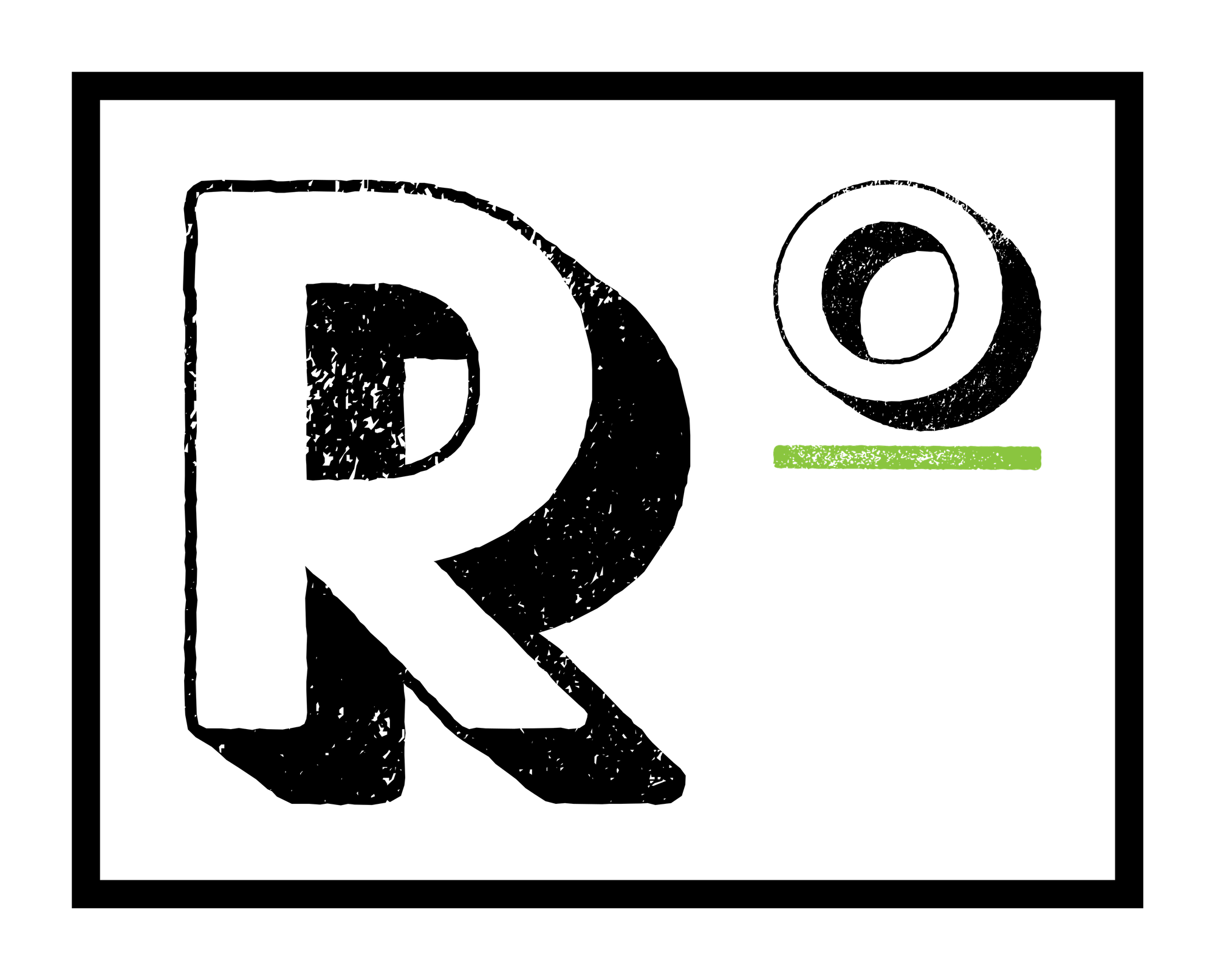Oraan: digitizing Pakistani credit unions
Oraan is extending credit to Pakistani women by digitizing credit unions.

Biography:
Halima Iqbal is the founder of Oraan, a Pakistani startup digitizing local credit unions (“committees”). Oraan serves women and their household, providing access to credit and savings while building their credit score. Oraan has raised $4.5M in total.
Prior to Oraan, Halima worked as a consultant at First Derivatives, a financial services company in Canada. She also co-founded a startup in the food space.
What’s Oraan’s genesis?
I moved back to Pakistan from North America in 2017. I didn’t have a plan, except the feeling that I was bored in the West and that it was time to come home.
I had a horrendous time opening a Pakistani bank account, despite having more than sufficient funds to fill one up. I was told that I should open a joint account with my dad or my husband, but certainly not one by myself.
Around that time, I was introduced to a team studying Pakistan’s informal economy. I stumbled upon the existence of rotating savings and credit associations (ROSCAs).
These informal committees exist under various names but are prevalent across emerging markets (they’re called SACCOs in Kenya). They work like this: a group of people get together, and each contribute a certain monthly amount. Every month, a different person receives the entire pot. This replaces formal credit options, which these populations can’t access because banks won’t serve them. In 2018, our research concluded that 41% of the Pakistani population uses ROSCAs.
How does your discovery of ROSCAs dovetail into Oraan?
During that period, the word “fintech” was gaining momentum in Pakistan, pioneered by apps such as Easypaisa, a mobile wallet. I kept reading about the number of unbanked Pakistani women (55 million according to the World Bank) and realized that solving that problem implied a ROSCA element.
Women are rarely their family’s chief earners, so helping them open bank accounts if they have nothing to put in them is pointless. Rather, digitizing the way they effectively “bank” today (ie: ROSCAs) seemed like a better way to usher them into financial services.
Source: National Report on the Status of Women in Pakistan, 2023 (UN)
So you settle on digitizing ROSCAs (which you call “committees”). Where do you start?

